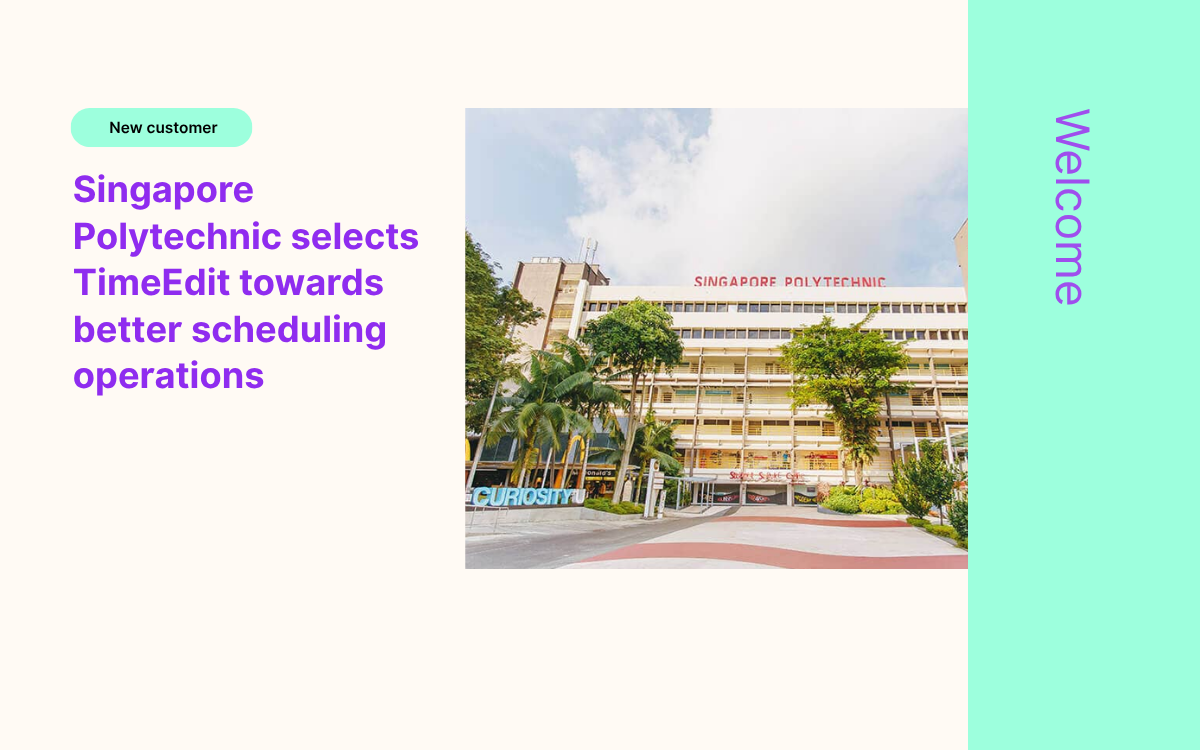Timetable Tightrope: Balancing Student Needs and Practical Realities
A recent panel discussion at Erasmus University Rotterdam brought to light the intricate challenges of crafting student timetables that effectively cater to the needs of students, staff, and institutions.
The Quest for Student-Centricity
The panellists acknowledged the widespread aspiration to create student-focused timetables, while also acknowledging the inherent complexities. Wouter Voss from Thomas More University articulated this tension, noting that while student-centricity is a key goal:
In the end, planning a student-oriented timetable is still about striking a balance between all the different constraints.
Factors such as staff availability, limited room capacities, and budget restrictions often necessitate compromises that may not align perfectly with ideal student schedules.
Despite these challenges, the panellists highlighted positive steps towards student-centricity. Institutions are increasingly incorporating flexible curriculum structures, offering students greater choice in crafting their individual study programs. This adaptability aims to accommodate diverse student needs and learning styles.
Michiel Visser from the Politie Academie (Dutch Police Academy) emphasized the complexity of their organization and its impact student-close scheduling: "We are talking about 35,000 students per year... who follow education from basic police to masters, to driving training, to ME training. So the police academy actually does just about everything. And all those different parts of the police academy have different planning and scheduling processes."
How Curriculum and Scheduling Must Interplay
A recurring theme in the discussion was the importance of aligning curriculum design with scheduling realities. Fred Jonker highlighted how Wageningen University & Research proactively integrates scheduling parameters into its curriculum. By pre-assigning courses to designated morning or afternoon slots, they streamline the scheduling process and ensure that students can seamlessly combine courses without encountering timetable clashes. This approach eliminates the need for complex adjustments later on and provides students with greater clarity and predictability when planning their studies.
Wouter Voss emphasised the value of early and continuous collaboration between curriculum developers and timetable planners. He stressed that involving planners from the outset allows them to provide valuable input on course structuring, flag potential scheduling conflicts, and advocate for solutions that accommodate both student needs and logistical constraints.
Voss shared his personal experience, noting that in his own programme, "as soon as they involve me... a number of things can be adjusted, things can be made more feasible in advance." This proactive approach prevents curricula from being finalised without considering the practicalities of scheduling, avoiding potential headaches and disruptions further down the line.
"What the police academy has now is that our data is actually spread across, yes, across all kinds of different applications, some of which have been developed in-house. That means our data is spread out, no one has an overview of the complete picture.", says Michiel Visser.
"And that is a deep desire, that with the implementation of TimeEdit, that we will get closer to that picture."
Getting Meaningful Feedback
The panellists also addressed the critical need for robust feedback mechanisms to assess the effectiveness of timetabling practices and drive continuous improvement. Wouter Voss candidly expressed his frustration with the lack of structured feedback mechanisms, stating, "In my case, outside the exam period, I don't get any feedback on the timetable I've created during a semester."
He proposed implementing simple yet effective feedback tools, such as a "thumbs up, thumbs down" system, to gauge student satisfaction with specific scheduling decisions.
However, gathering and interpreting feedback presents its own set of challenges. Fred Jonker highlighted the difficulty of distinguishing individual preferences from broader trends. He pointed out that feedback often reflects the specific concerns of individual students or teachers, which may not always align with the collective good. Distilling meaningful insights from a diverse range of opinions requires careful analysis and a focus on identifying patterns that benefit the majority.
Room Utilisation Still a Dominant Factor
In a revealing moment, the panellists were asked to choose between having comprehensive data on room utilisation or receiving direct student feedback on timetables. Unanimously, they prioritised room utilisation data, underscoring the increasing pressure on institutions to optimise resource usage, particularly in the face of rising costs and budgetary constraints.
While acknowledging the significance of student satisfaction, the panel acknowledged the harsh reality that efficient use of space often takes precedence in resource allocation decisions. Wouter Voss offered a nuanced perspective, stating, "Of course, that space usage... we simply need a space usage to unlock space usage. We need that. Some campuses are under a lot of pressure. Others are quite spacious. We have various ones." This pragmatic view reflects the need to juggle competing priorities while striving to make the best use of available resources.
Big thanks to our panelists and the great engagement and questions from the crowd of 120 timetablers and curriculum builders across our community!





.png)

.png)
.png)
